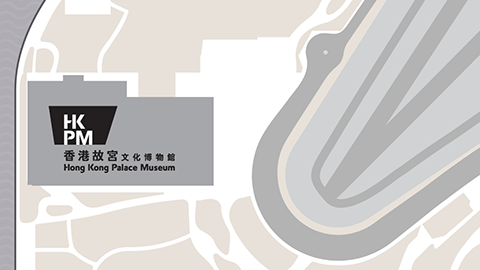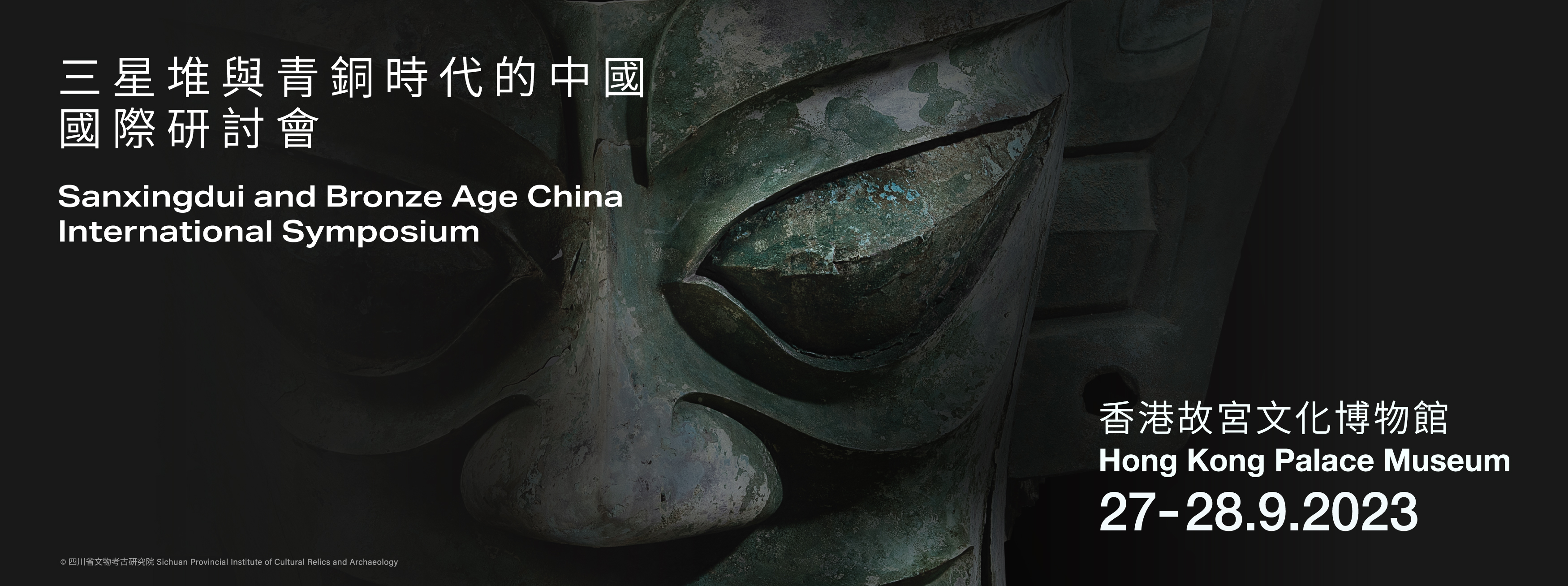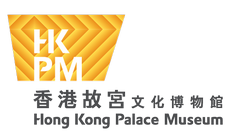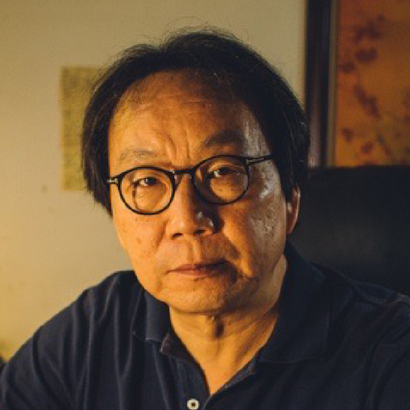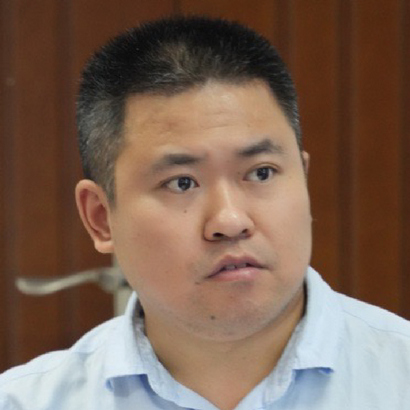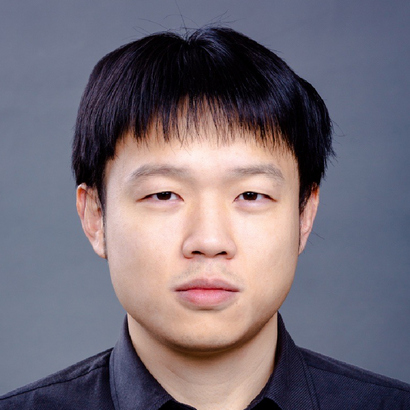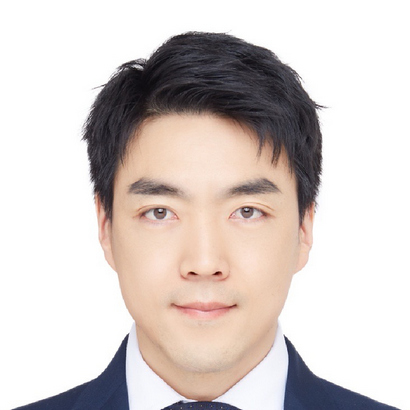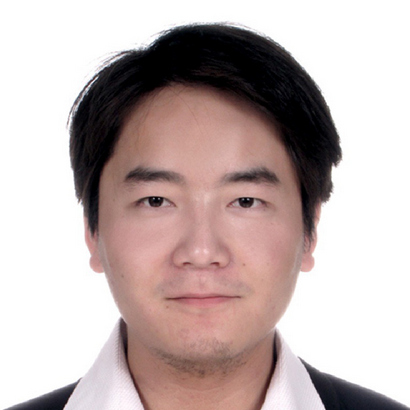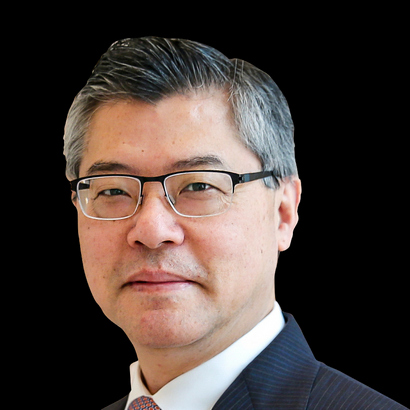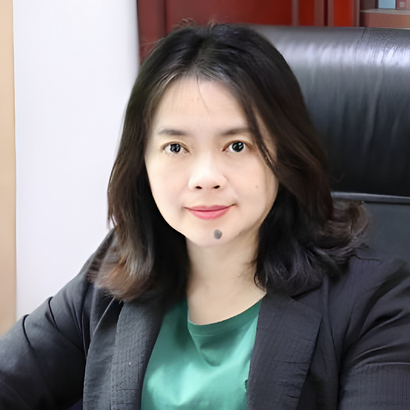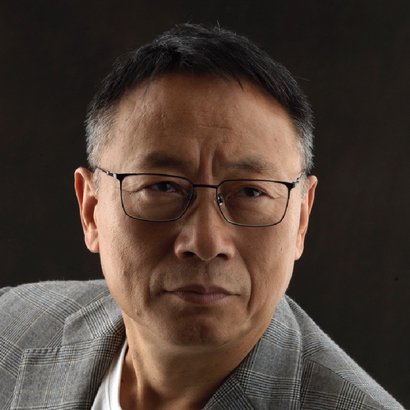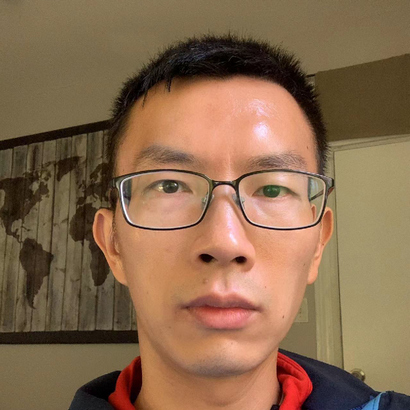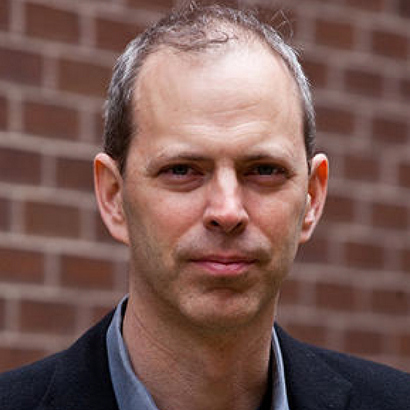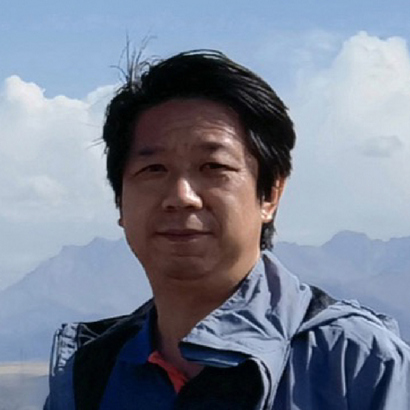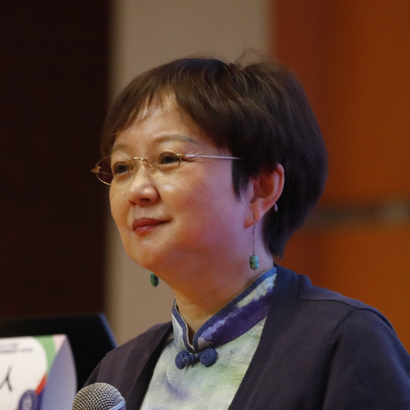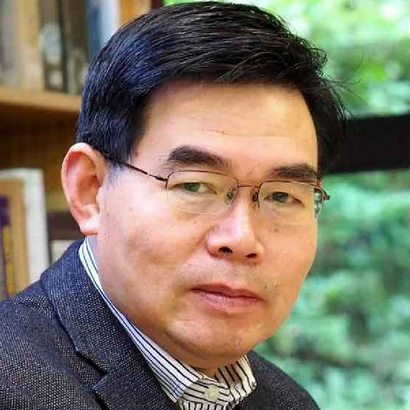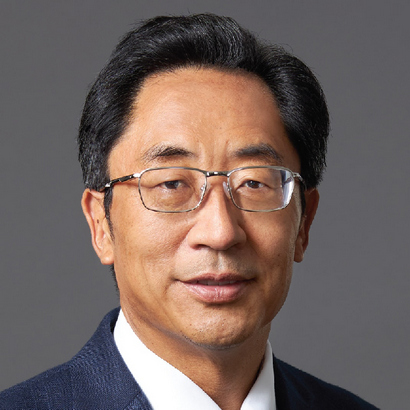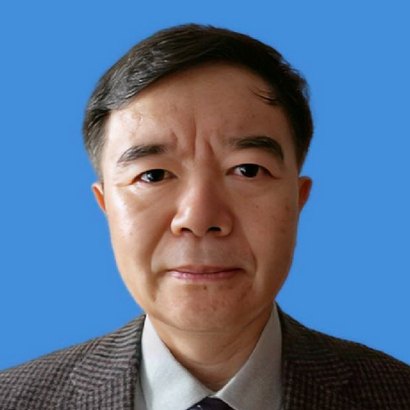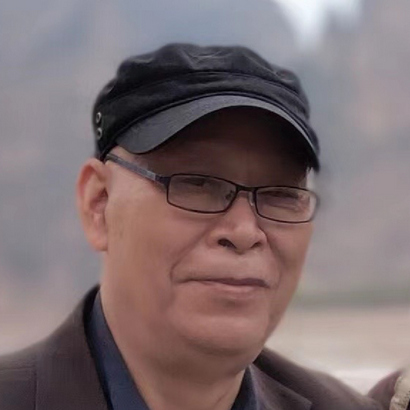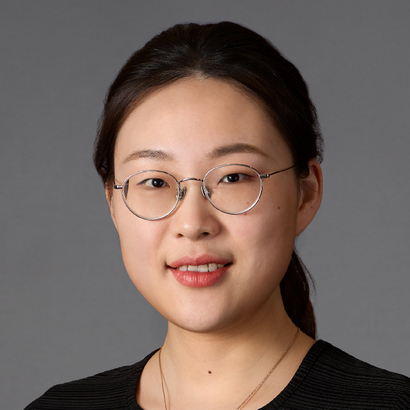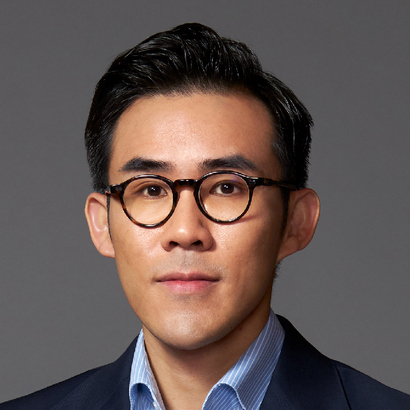Ticketing arrangements: Registration for this event does not include entry to the Museum’s exhibitions. To visit the exhibitions, please click here to purchase an admission ticket.
By participating in this event, you agree to grant full rights to WKCDA to use your image(s) and voices recorded by WKCDA and its service providers during the event, including but not limited to photos, audios, videos and other forms of documentary records of the event, for future promotional use or non-commercial purposes that WKCDA thinks fit without additional payment to you.
Please note that WKCDA including its subsidiaries (collectively, “WKCDA”) may arrange to create photos, audios, videos and other forms of documentary records (collectively, “Records”) of this event, for future promotional use or non-commercial purposes, and you may be included in these Records. By participating in this event, you agree to grant full rights to WKCDA to use your image or voice in these Records without restriction or payment. Please discuss this with our staff prior to your participation in the event if you have any objection to the above use.
